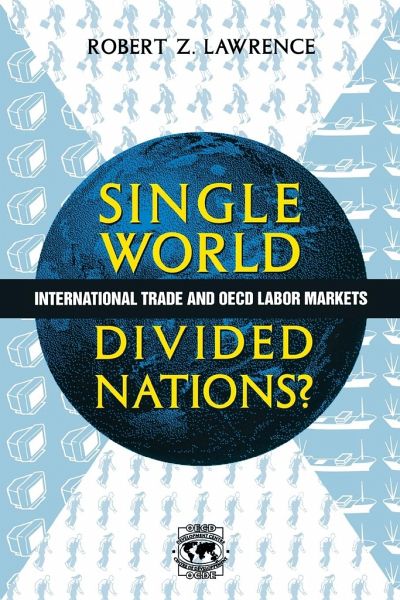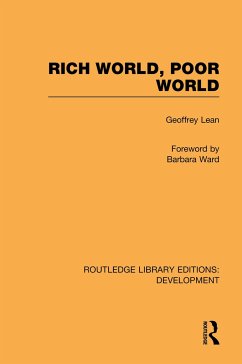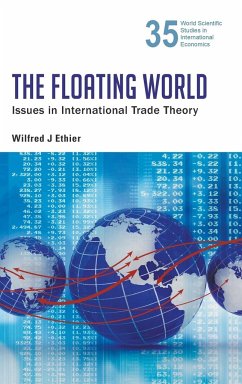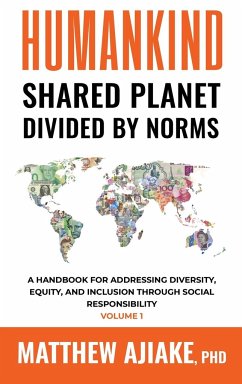Nicht lieferbar

Single World, Divided Nations?
International Trade and the OECD Labor Markets
Versandkostenfrei!
Nicht lieferbar
" The world economy has undergone miraculous changes in the last decade, particularly in developing and former communist countries. Privatization and trade liberalization have replaced the protectionist and statist policies that were deeply entrenched in these areas just ten years ago. Today, these dynamic emerging markets offer attractive opportunities. According to Robert Lawrence, liberal international trade and investment should provide significant opportunities for gains in developing and developed nations alike. But will the developed countries be allowed to keep their markets open and a...
" The world economy has undergone miraculous changes in the last decade, particularly in developing and former communist countries. Privatization and trade liberalization have replaced the protectionist and statist policies that were deeply entrenched in these areas just ten years ago. Today, these dynamic emerging markets offer attractive opportunities. According to Robert Lawrence, liberal international trade and investment should provide significant opportunities for gains in developing and developed nations alike. But will the developed countries be allowed to keep their markets open and absorb exports from developing countries? Many in the U.S. and Europe blame international trade for unemployment and wage inequality. But what is the real relationship? Lawrence contends that while trade has played some role in reducing the wages of poorly educated workers in the U.S. and in raising the unemployment of unskilled workers in Europe, its impact has been small compared with other causes of these changes. Lawrence examines the role of trade in developed and developing countries and its impact on labor markets and wage inequality, and discusses what he considers the more important effects of technological and organizational change. He begins by focusing on U.S. wage behavior, then moves to wage behavior in the OECD countries. Lawrence concludes that the impact of globalization on OECD labor markets has been far less damaging than many have argued and, indeed, that international trade enhances national welfare. He presents considerable evidence that the sources of poor labor market performance are essentially domesticthey reflect ongoing technological and organizational shocks that would be present even if the economy was closed. This evidence suggests that international differences in wage rates and labor standards are not major factors in OECD labor market behavior. He explains that the major challenges to policy are educating the public on t"














